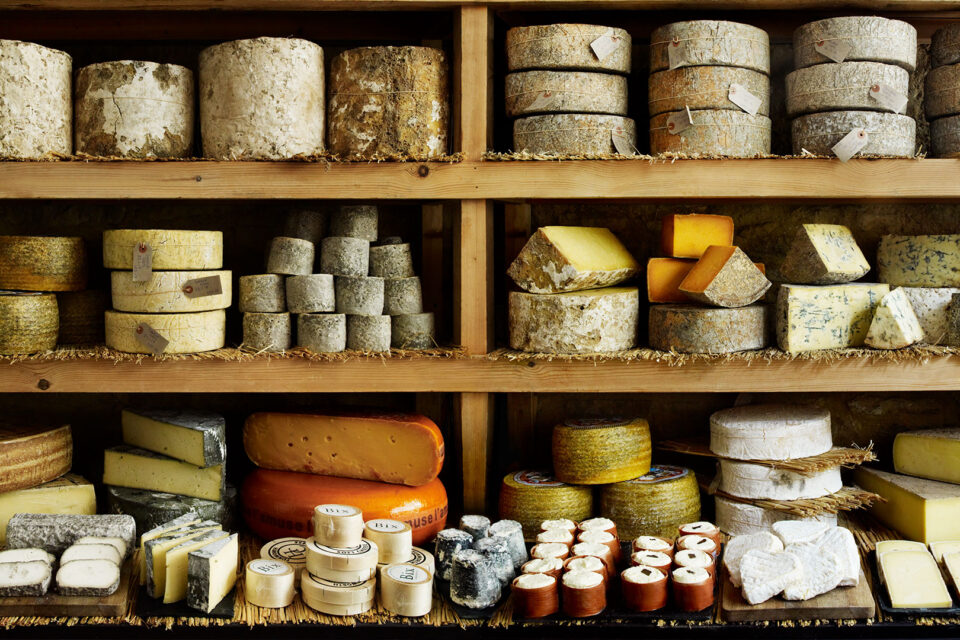Market Garden Reawakening
Longer days, double-digit temperatures, and a flourish of colour on our plates; the arrival of spring in the Cotswolds is one of our favourite natural events, and throughout the year our menus evolve to feature the best of the season’s produce.
Keeping up with the micro seasons in particular – just four to six weeks for ingredients such as wild garlic – requires agility from our chefs and a strong connection to the land. A changing climate makes this more challenging as the traditional harvest windows shift.
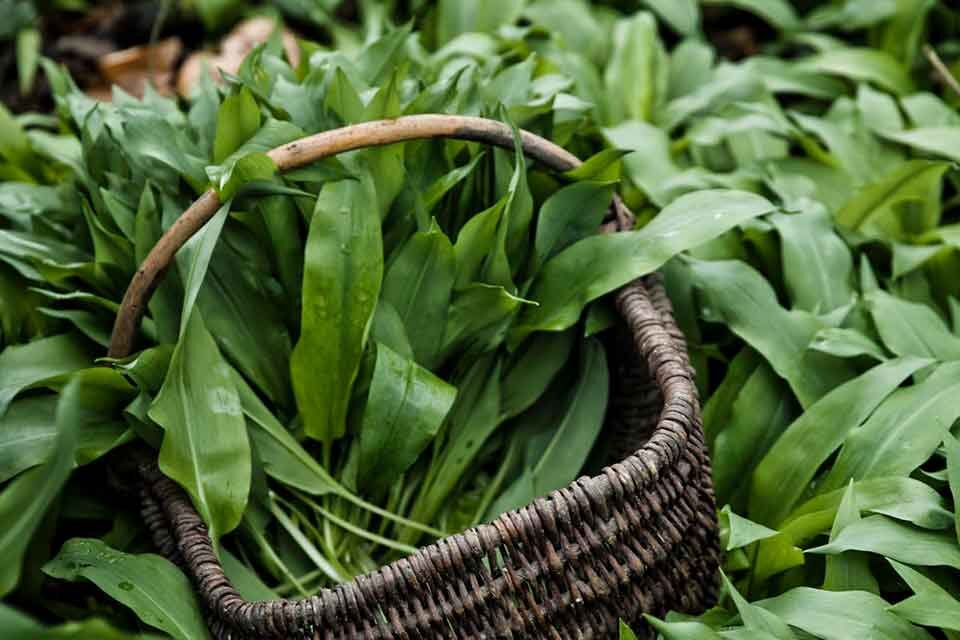

The market garden at Daylesford farm is the driving force behind our menu changes. Local to all of our pubs, and within walking distance for some, the 30-acre plot rotates through several hundred varieties of organic fruit and vegetables across the year. It is run by Jez and his team of just four full time colleagues, who advise our chefs on what is available and the upcoming highlights. Working with kitchens eliminates the need for on-shelf packaging and allows loose produce to be delivered fresh and unpackaged; once the order is placed, it can be a matter of hours between harvesting and delivery to the pub door.
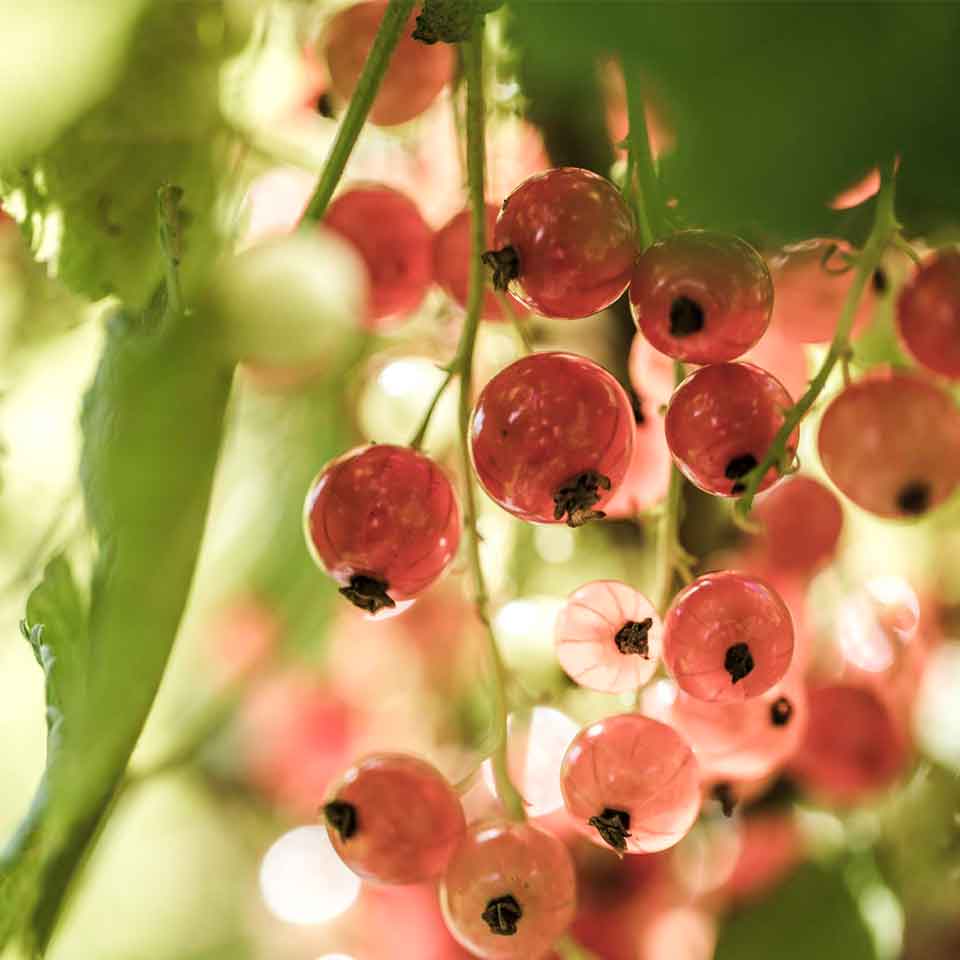
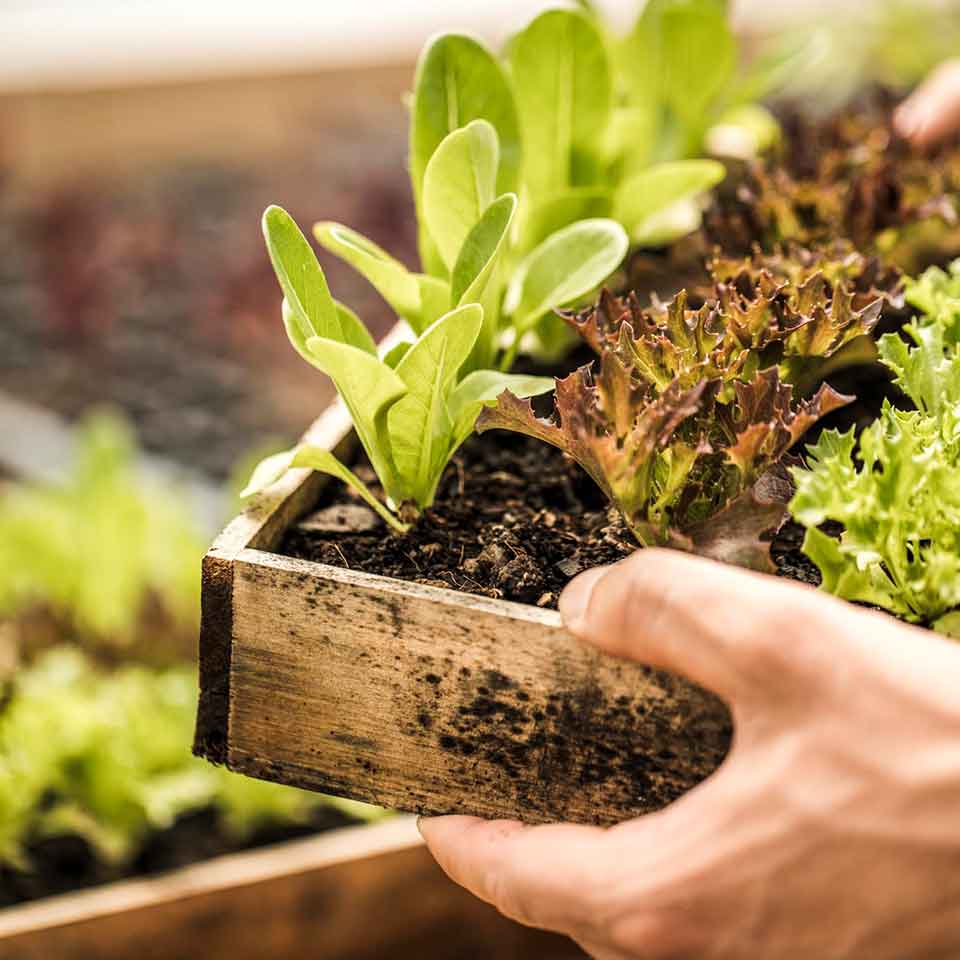
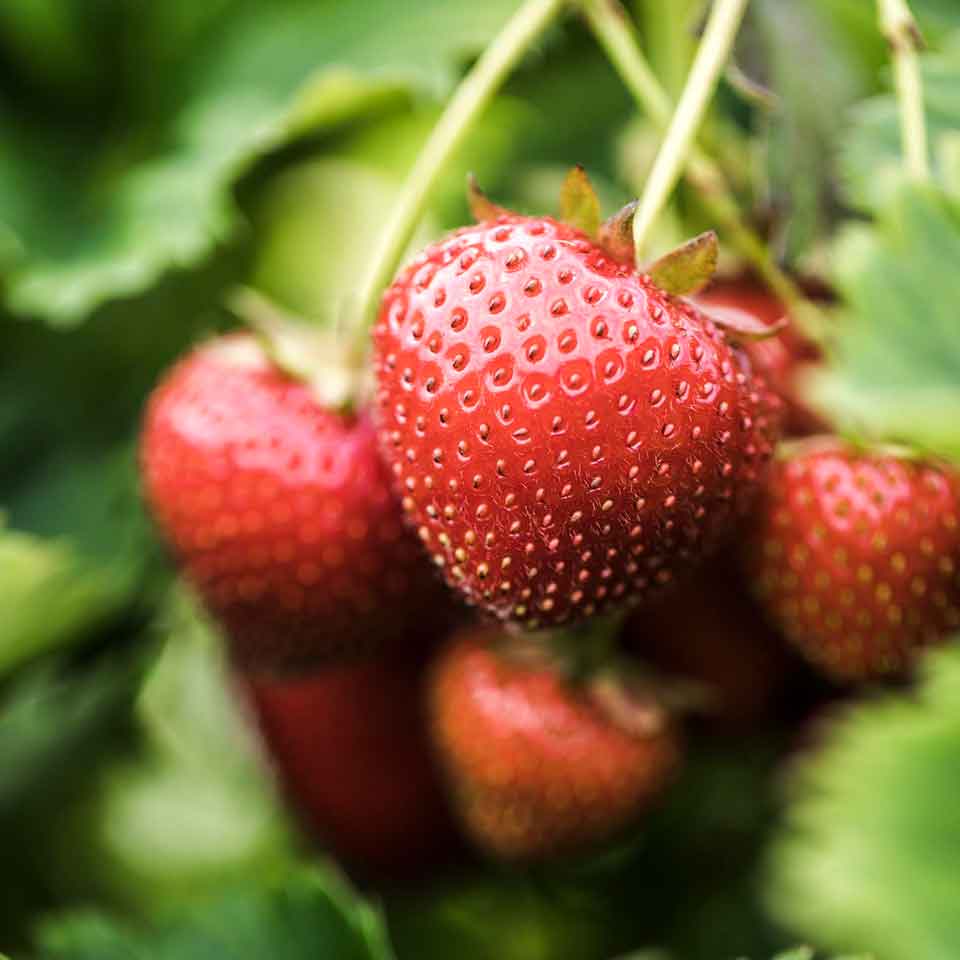
Producing food year-round requires hard graft and resilience. The team are out in all weathers carefully managing the rotation to ensure good availability even in the darkest, coldest depths of winter. Growing organically presents additional challenges: without the artificial support from herbicides, rampant invaders like couch grass and bindweed require constant manual intervention. Root vegetables such as carrots and parsnips are often outcompeted by strangling weeds, performing poorly even in the best soils.
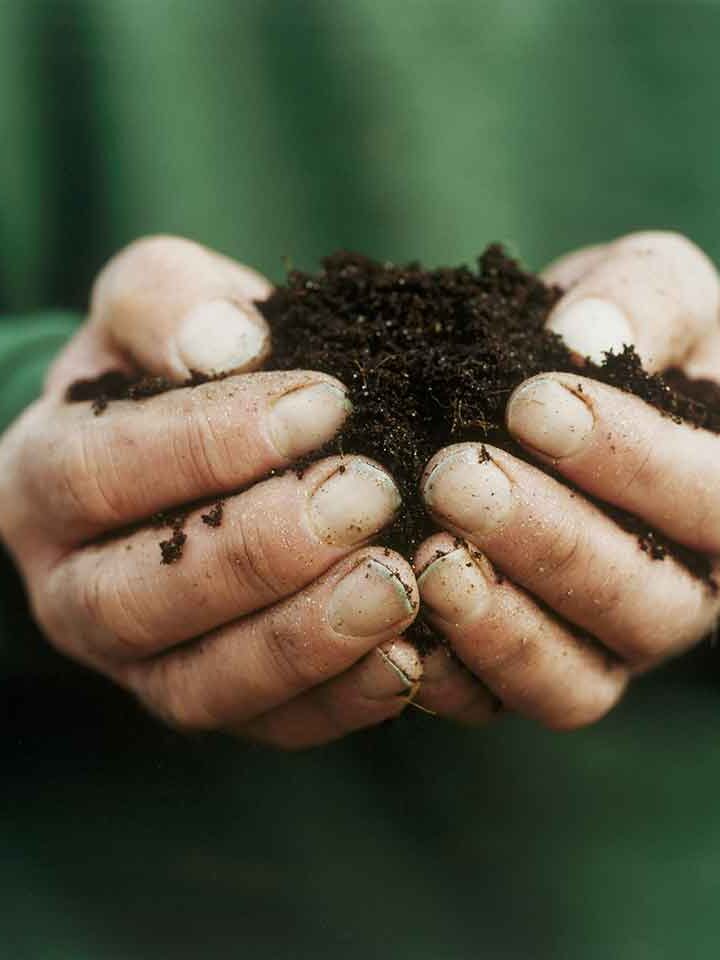
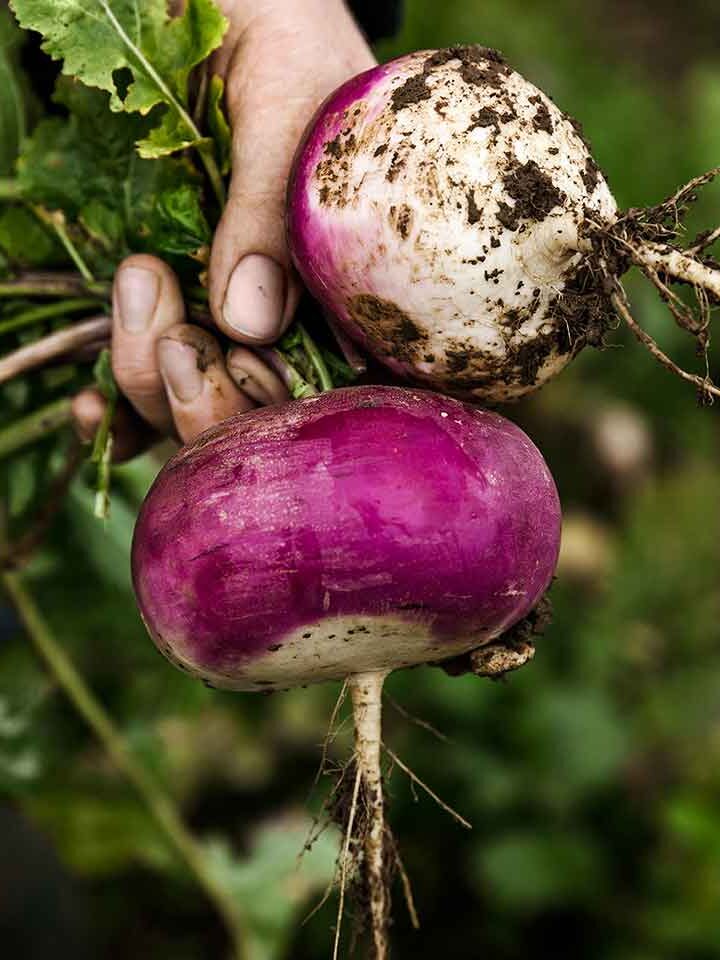

Land husbandry also requires adaption to a changing climate. For the first time in its history the market garden’s rhubarb harvest began in February this year following unseasonal late-winter warmth and moisture, but much of the crop was lost to a sudden overnight frost.
Innovation and diversification are essential to stay ahead of these challenges. The homes of Daylesford’s organic hens are surrounded by a diverse mix of almost 4,000 heritage orchard trees providing the birds with shade and forage from insects and fallen fruit. This combination of agriculture and trees, known as agroforestry, is an example of innovative farming practice that can diversify food production whilst sequestering carbon and enhancing biodiversity. In addition to tree fruit, the market garden is provided with food and income from the kale and cavelo nero planted in the nitrogen-rich ground left behind when the hen houses move to fresh pasture. They are now experimenting with hybrid varieties of heritage tomatoes that will be more appropriate for organic farming methods as climate and disease resilience become essential.
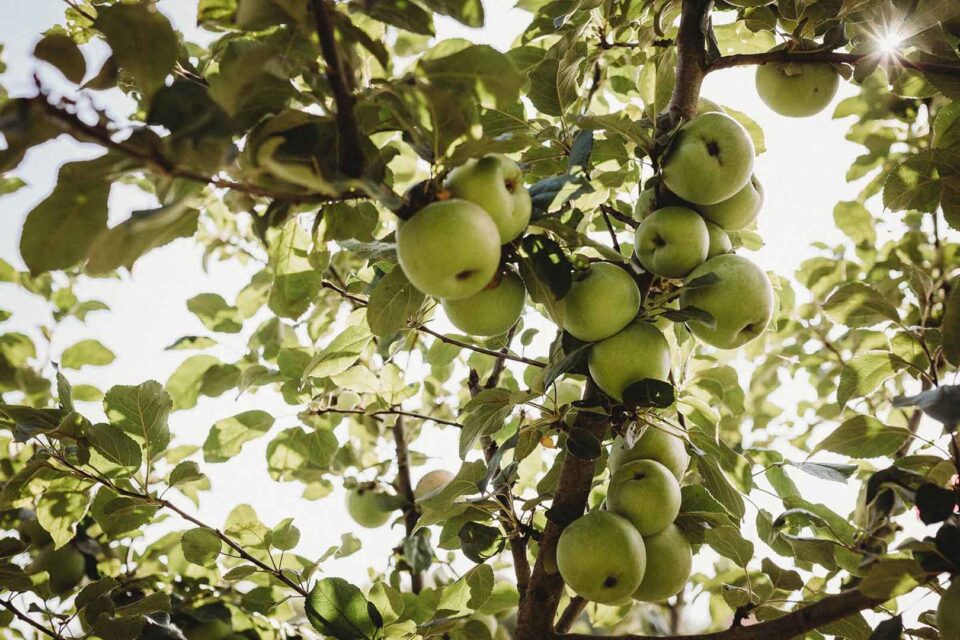
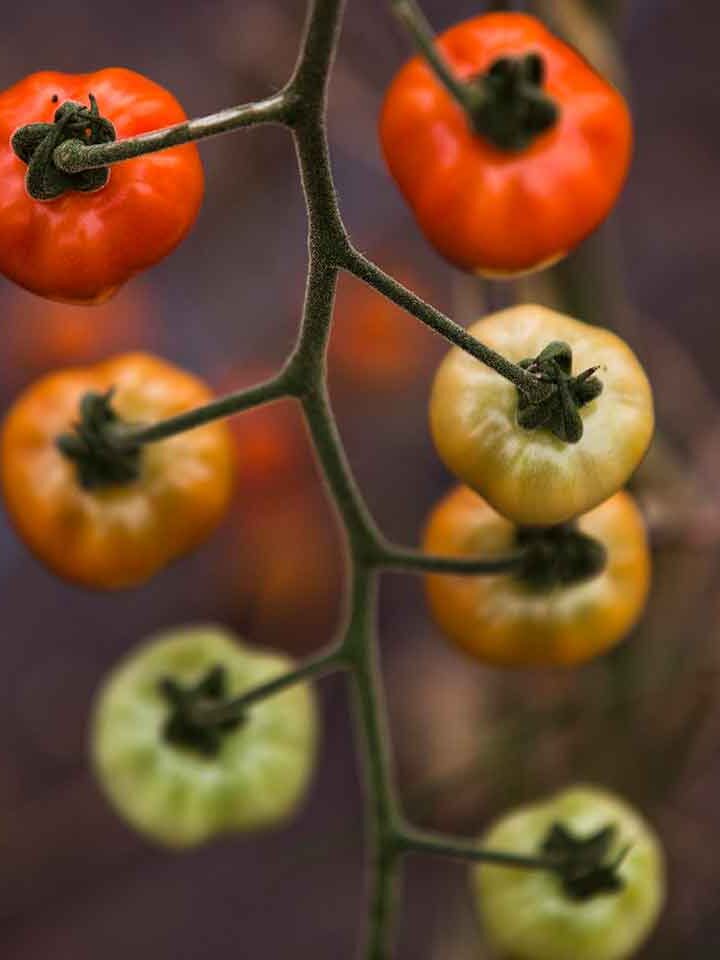
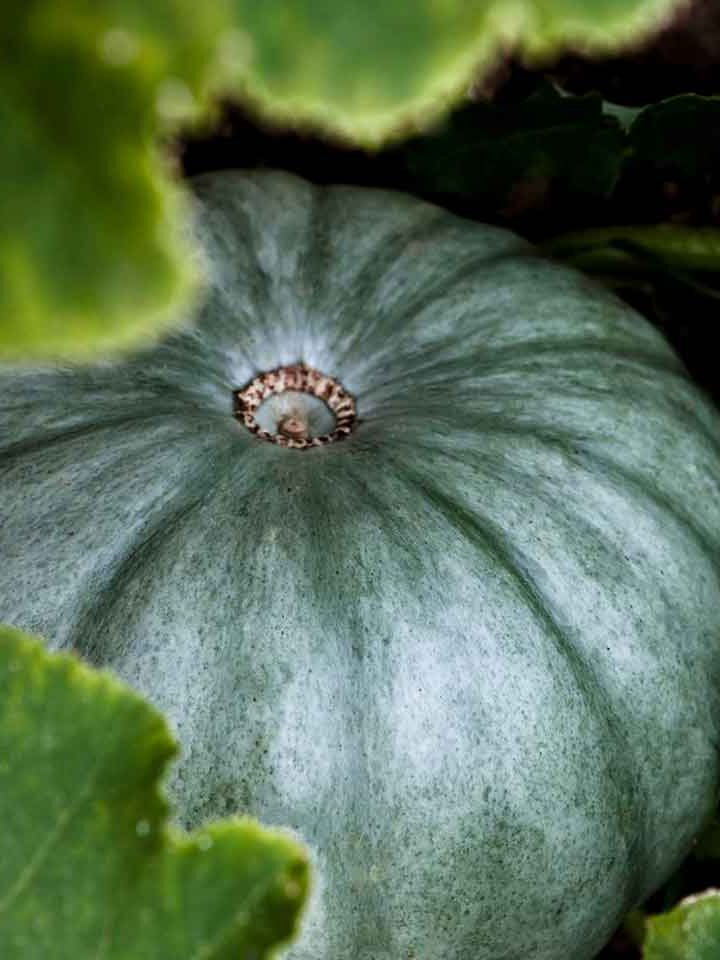
Daylesford’s market garden is a great example of how our sustainable sourcing policy can create unique local food experiences. We want our guests to come to the Cotswolds and be immersed in its cultural and agricultural offering. As one of the market garden team said: “how delightful to be sat in a British pub, enjoying British food produced down the road in the British countryside”.
Look out for this season’s new menus, featuring Nettle soup and home baked bread at The Three Horseshoes, Chicken liver parfait with spiced rhubarb chutney at The Fox, Wild garlic dumplings at The Wild Rabbit and Apple, pear & rhubarb crumble at The Bell.


